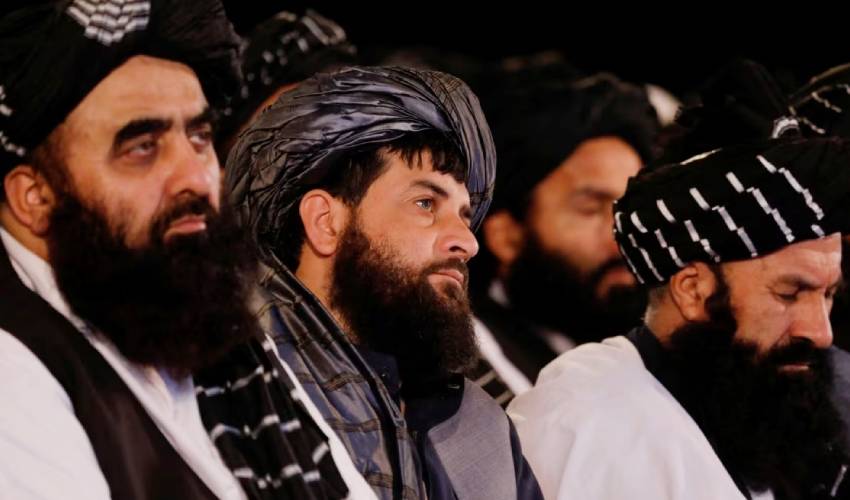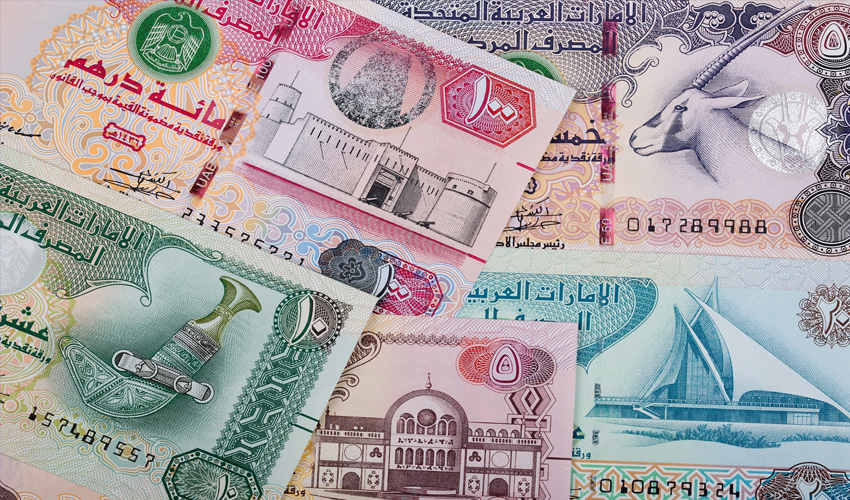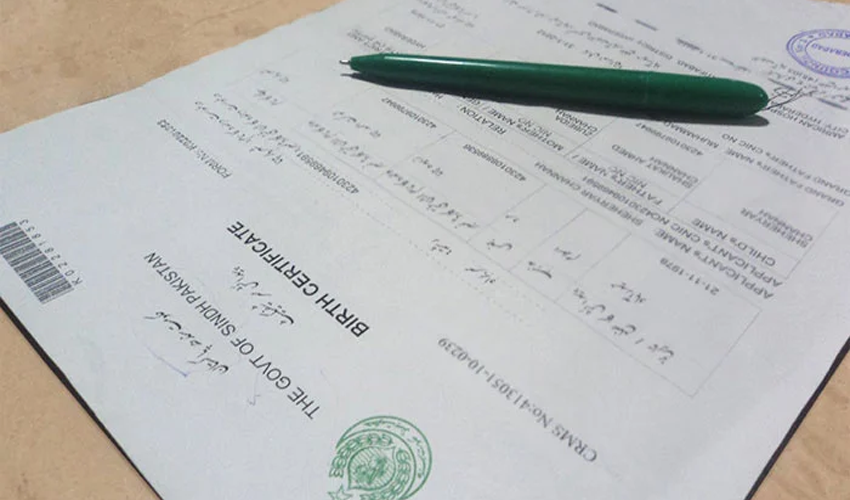The Afghan Taliban have captured 200 suspected Tehrik-e Taliban Pakistan (TTP) militants and taken other steps to neutralize the group's terrorist activities, Pakistani officials say.
The Taliban shared this information with a high-level Pakistani delegation during bilateral talks in Kabul last week.
The talks came two weeks after a deadly TTP attack on two Pakistani security posts in the northern border district of Chitral. The September 6 raid killed four soldiers and 12 assailants.
Pakistani officials say the Afghan Taliban have arrested 200 TTP militants returning from the Chitral attack. They are now behind bars.
The Taliban are also in the process of relocating other TTP members away from the border with Pakistan.
Taliban Spokesman Zabihullah Mujahid reiterated that his government does not allow anyone to use Afghan soil against Pakistan. He said this is central to Afghanistan's national interest in promoting peace and reconciliation.
Mujahid added that the Taliban can only help Pakistan with its internal security issues according to its capacity.
Pakistan's Special Envoy on Afghanistan Asif Durrani led the delegation to Kabul. Senior military officials also accompanied him.
Officials in Islamabad at the time described their "extensive" discussions with Taliban Foreign Minister Amir Khan Muttaqi and his team as "promising".
In an interview with Turkish television channel on Monday, Caretaker Prime Minister Anwaar-ul-Haq Kakar said he was not there to judge the intentions of the Taliban government
He said Pakistan has a concern because groups like TTP do reside on Afghan soil, and there are training camps on their soil.
However, Kakar said it remains to be seen whether this is intentional or enjoys the patronage of the Taliban government. He added that Pakistan does not want to complicate the relationship.
Taliban supreme leader Hibatullah Akhundzada forbidden his forces from launching cross-border attacks against Pakistan, calling them un-Islamic.
He also ordered Afghans not to collaborate with or give donations to the TTP for its so-called jihad against Pakistan and barred the militants from running donation collection campaigns in Afghanistan.
Pakistani officials say they shared evidence with Kabul authorities that scores of Afghan fighters participated in the TTP attack in Chitral and demanded action against them.
An internal TTP communication later emerged on social media, warning its fighters against recruiting Afghans into their ranks, suggesting the group had come under pressure from the Taliban government.
Pakistani officials believe that the Taliban is consciously distancing themselves from groups aligned with them during the insurgency but which are now involved in criminal activities in Afghanistan, such as extortion, kidnapping for ransom, and terrorism.
They remarked that Taliban leaders know they have a greater responsibility to address these issues because they are now in control of the country and must demonstrate to the world that they no longer act like an insurgent group as they seek recognition for their government.



























